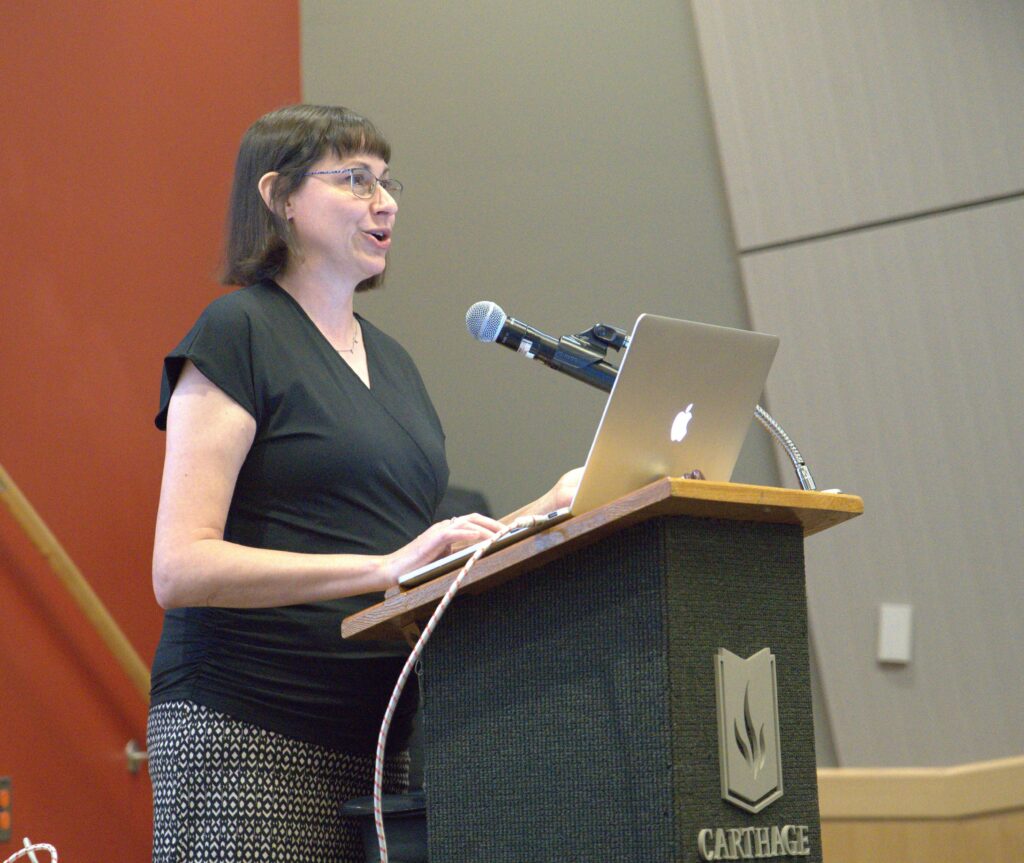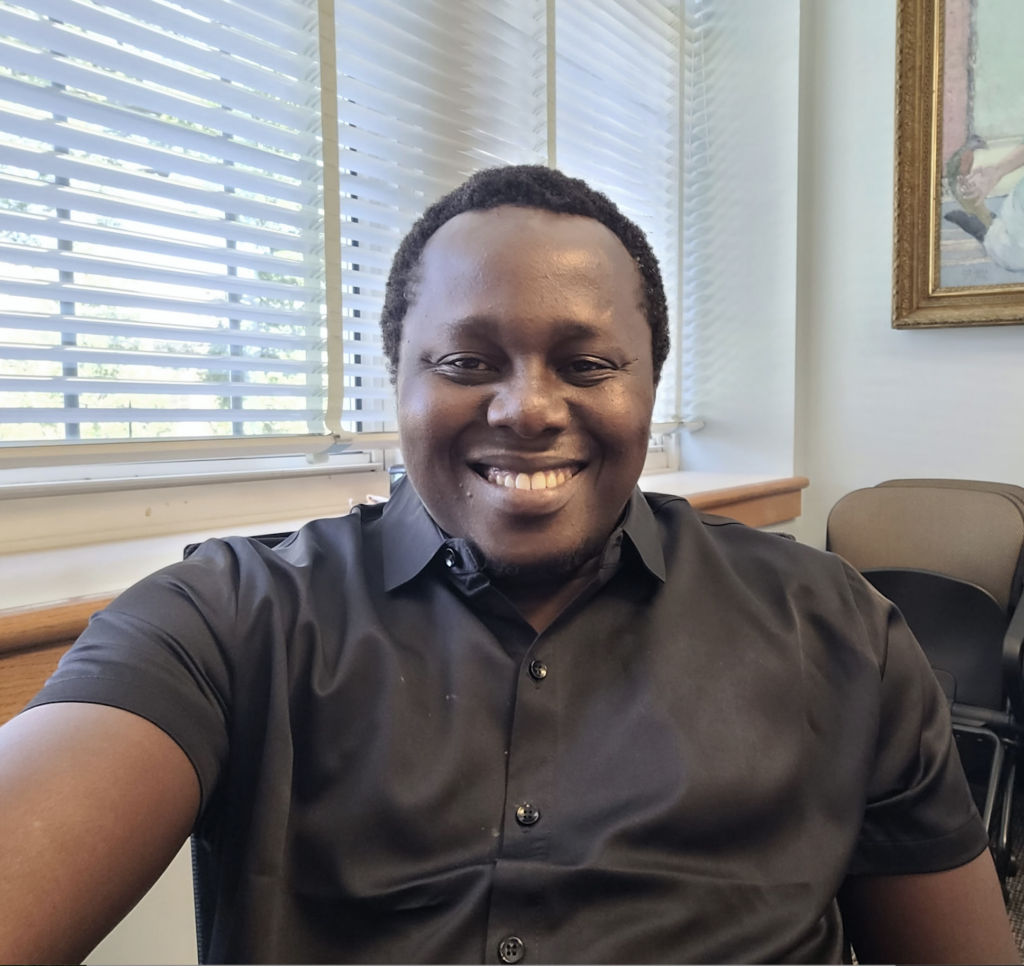A Memo on Preliminary Findings from a Quasi-Experiment 2023-2025
At the core of political polarization in the U.S. today is the desire to be heard. Political disagreements escalate into shouting matches or spirals of silence because individuals often deemphasize the listening aspect of communication. To examine this problem and propose possible solutions, we created a quasi-experimental study, which sought to assess the potential of providing college students an opportunity to listen better across campuses at 10 universities. Aided by a grant from John Templeton Foundation, we utilized Braver Angels Debates programming implemented by the College Debates & Discourse (CD&D) Alliance as an intervention to guide students on the art of civil discourse and active listening. Findings reveal that exposure to the debate intervention significantly amplified listening skills, especially for participants who took active part in the debate beyond mere observation. We also recorded a positive correlation between intellectual humility and listening skills. Similarly, listening predicted both intended political participation and willingness to discuss politics.

Findings reveal that exposure to the debate intervention significantly amplified listening skills, especially for participants who took active part in the debate beyond mere observation.
An interesting observation made in the course of reviewing literature for this study was how much the culture of listening is underexamined. Scholars attest that many Americans are unwilling to discuss politics across the aisle, thus widening the polarization gap to the detriment of political—and societal—cohesion. Unfortunately, the same challenge of polarization has beset American universities in these contentious times. College campuses, which should be bastions of free speech and diversity of thought, have been found to be the most politically polarized institutions in the U.S. (Busteed, 2023). Consequently, students report strong reluctance to air their views for fear of being judged or “cancelled” (More in Common, 2024). The CD&D initiative is aimed at restoring a collaborative atmosphere for students to air their views while actively listening without judgements to opinions of others—even when they disagree with them.
The Braver Angels debates epitomize civility and deep exchange, in contrast with argumentative and performative debates where winning is the main objective. There are no off-limits topics: from transgender athletes’ rights to border security, or Greek life on campus to Artificial Intelligence in education, students choose whatever they wish to discuss. Guided by a trained moderator in a light parliamentary style, student speakers address the moderator rather than confront each other directly. This format diffuses tensions that might arise, and enhances active listening habits as participants try to listen meticulously to ensure thoughtful responses, hence establishing a framework for mutual respect.
This format diffuses tensions that might arise, and enhances active listening habits as participants try to listen meticulously to ensure thoughtful responses, hence establishing a framework for mutual respect.

Our study included 2,075 participants from ten American colleges and universities, including land-grant universities, community colleges, state universities, and a military institute. Students who took part in the debates completed pre-test and post-test surveys that measured key variables of the study and enabled us to establish a baseline for within-group comparison after administering intervention.
Results supported the assumption that actively participating in the debates improved listening skills. What this means is that going to the debate is not enough, but being an active participant, e.g. by speaking during the session or asking questions, helped to improve participant listening skills. This finding thus confirms that by joining in active dialogue together in an organized setting, students can become more empathetic and listen to others’ viewpoints, even when they disagree with them.
Further findings also reveal that there exists a significant relationship between intellectual humility and listening. Participants who were more intellectually humble—being willing to admit they could be wrong and that others may be right—were likely to be better listeners. This implies that intellectual humility is one of the key pathways toward getting people to embrace the culture of open-mindedness and willingness to consider the views of others and, ideally, to become depolarized.
Participants who were more intellectually humble—being willing to admit they could be wrong and that others may be right—were likely to be better listeners.
Finally, we learned from the study that effective listening habits led to increased political engagement. Students who had improved listening skills were more willing to engage in political activities, like contacting their political representatives or engaging in political discourse across the aisle. These findings situate active listening as a key factor in the making of an active citizen.
As with all research, our study is not without some limitations, the first being social desirability. In this quasi-experiment, students volunteered to participate, and may have been more disposed to debate than others, thus skewing the findings. Also, the absence of a control group makes it more difficult to be exact that the debates caused the attributed changes. Nevertheless, the study availed essential insights into how structured debates can stimulate active listening.
In all, the overarching lesson from this project is that depolarization of higher education is critical to restoring civil politics in America. This can be done through teaching students the art of active listening, especially on difficult topics. The debate program also provides a good framework for diversity and inclusion, by encouraging listening instead of arguing or winning. These principles, when imbibed, enable students to build bridges across ideological divides, and in doing so, hopefully become thoughtful and engaged citizens.
Lindsay Hoffman, PhD is an Associate Professor of Communication at the University of Delaware. Ebuka Ifeanyuchukwu is Graduate Research Fellow, Center for Political Communication at the University of Delaware.
WHO WE ARE
Launched in 1995, we are the only organization that works with alumni, donors, trustees, and education leaders across the United States to support liberal arts education, uphold high academic standards, safeguard the free exchange of ideas on campus, and ensure that the next generation receives an intellectually rich, high-quality college education at an affordable price.
Discover MoreSTAY INFORMED
Sign up to receive updates on the most pressing issues facing our college campuses.